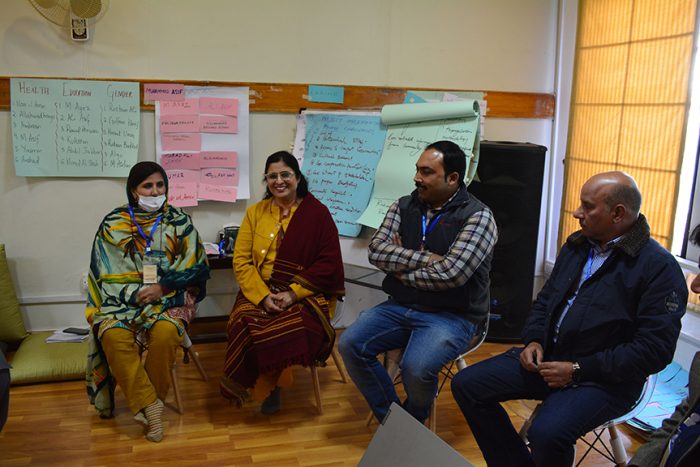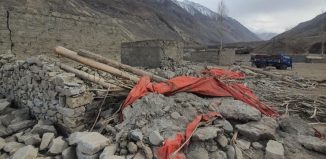Enabling development aid professionals to efficiently manage project operations and resources
The importance of project management in organisations cannot be overstated. When it is done right, it helps every part of the organisation run more smoothly. It allows teams to focus on the work that matters, free from the distractions caused by tasks going off track or budgets spinning out of control.
A Project Cycle Management (PCM) training was designed to impart practical skills and knowledge, confidence related to the conceptualisation, planning, implementation, management and evaluation of community projects. Such trainings are conducted to enhance the capacity of NGOs in Pakistan thus enabling them to better comply with regulatory bodies such as the federal Economic Affairs Division and provincial Social Welfare Departments. Yasmin Khakwani was one of the fifteen development aid practitioners who attended the three-day residential training, which covered the principles and terminology of project cycle management as well as the many stages and analytical tools used by humanitarian aid workers.
“Handling projects tends to be a daunting task. It requires a thorough understanding of project scheduling, planning, reporting, tracking, and the importance of project management. To become a competent humanitarian aid and development professional, one needs to have a detailed understanding of project management and its importance and the various job roles,” stated Yasmin, President of Savail Development Organisation (SDO), a local NGO in Multan. Yasmin has worked in the development sector for the past two decades, and she credits her mother, who is a development aid practitioner herself, for inspiring her to pursue a career in social services and development.
In mid-November, the PCM training provided Yasmin the opportunity to learn how to apply skills, information, tools, and procedures to project activities in order to achieve project needs. “SDO lacked up-to-date rules, concepts, and processes to manage a project from start to finish. The training provided essential knowledge for staying current with project management trends and technologies. The session on donor management focused on developing a case for support, identify and assess prospective donors, match a donor’s interests and needs with your organisation’s mission and goals, structure a successful solicitation, and respond to ethical dilemmas. Furthermore, a group exercise on identifying challenges faced by NGOs at various stages of the Project Life Cycle provided peer learning, allowing us to learn from experiences and come up with solutions.”
Yasmin returned to SDO and immediately set on revising the organization’s policies on child safety, project operations, and resource management. “Our policies had become obsolete. We revised our policies to meet international standards, particularly our child protection policy, because we work with children primarily. In addition, I led a session in which I highlighted significant takeaways from the training. Thirty people attended the session, including SDO officials, representatives from civil society organisations, and members of Saya, a district-level network.”
One of the key achievements of Yasmin was to secure its first project funded by an international donor. “We upgraded our policy framework and aligned the proposal as per donor’s requirements and fulfilled all the proposal sections accordingly. Moreover, we compiled the proposal and got it reviewed by our board members as well. This was the first time we did this. After a thorough review, we submitted our proposal. Soon after, we got the good news of our project acceptance.”
“I plan to send the staff of SDO in future training events conducted by Community World Service Asia. I believe, such trainings are beneficial for the growth and development of local organisations who have limited resources to progress,” concluded Yasmin.







